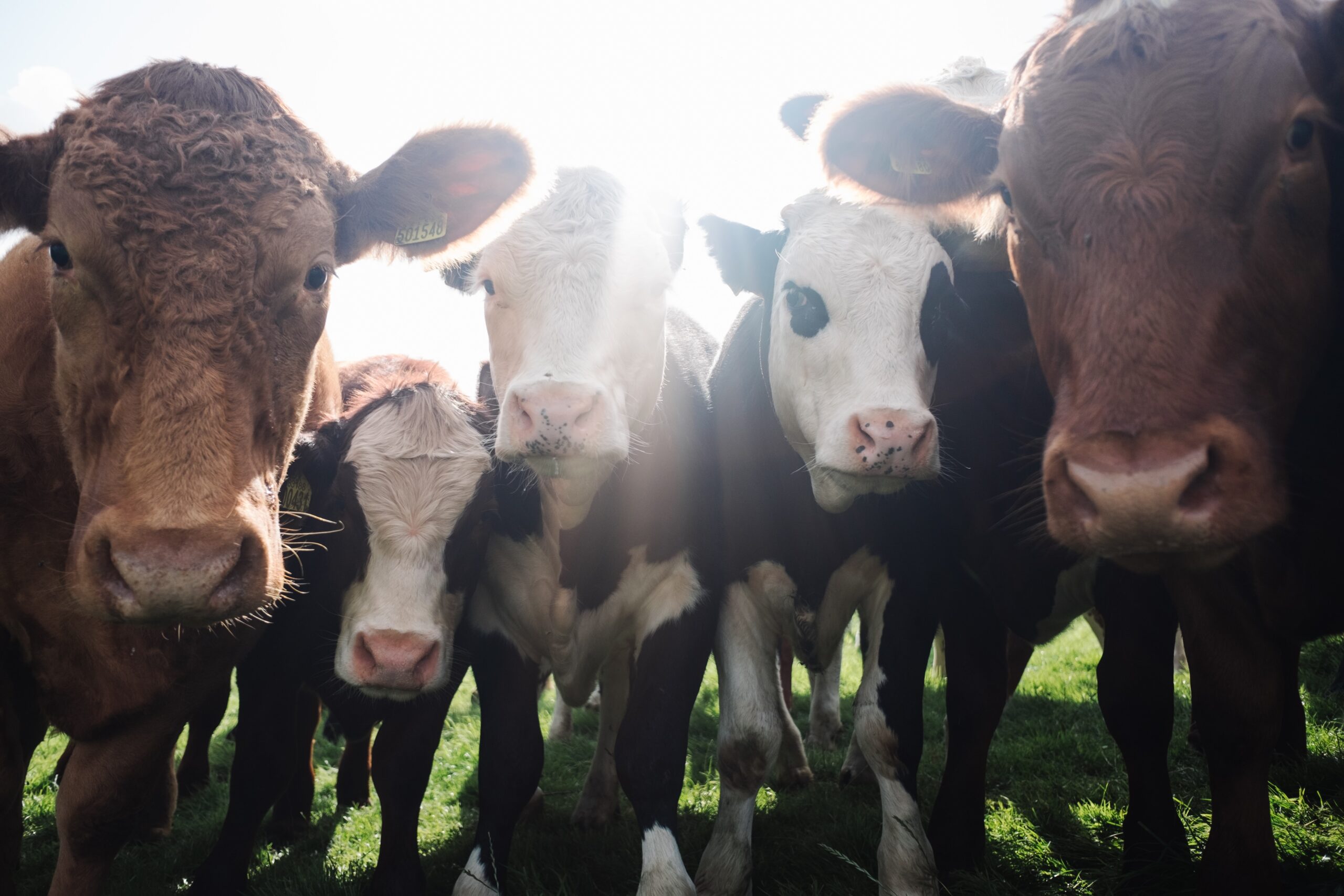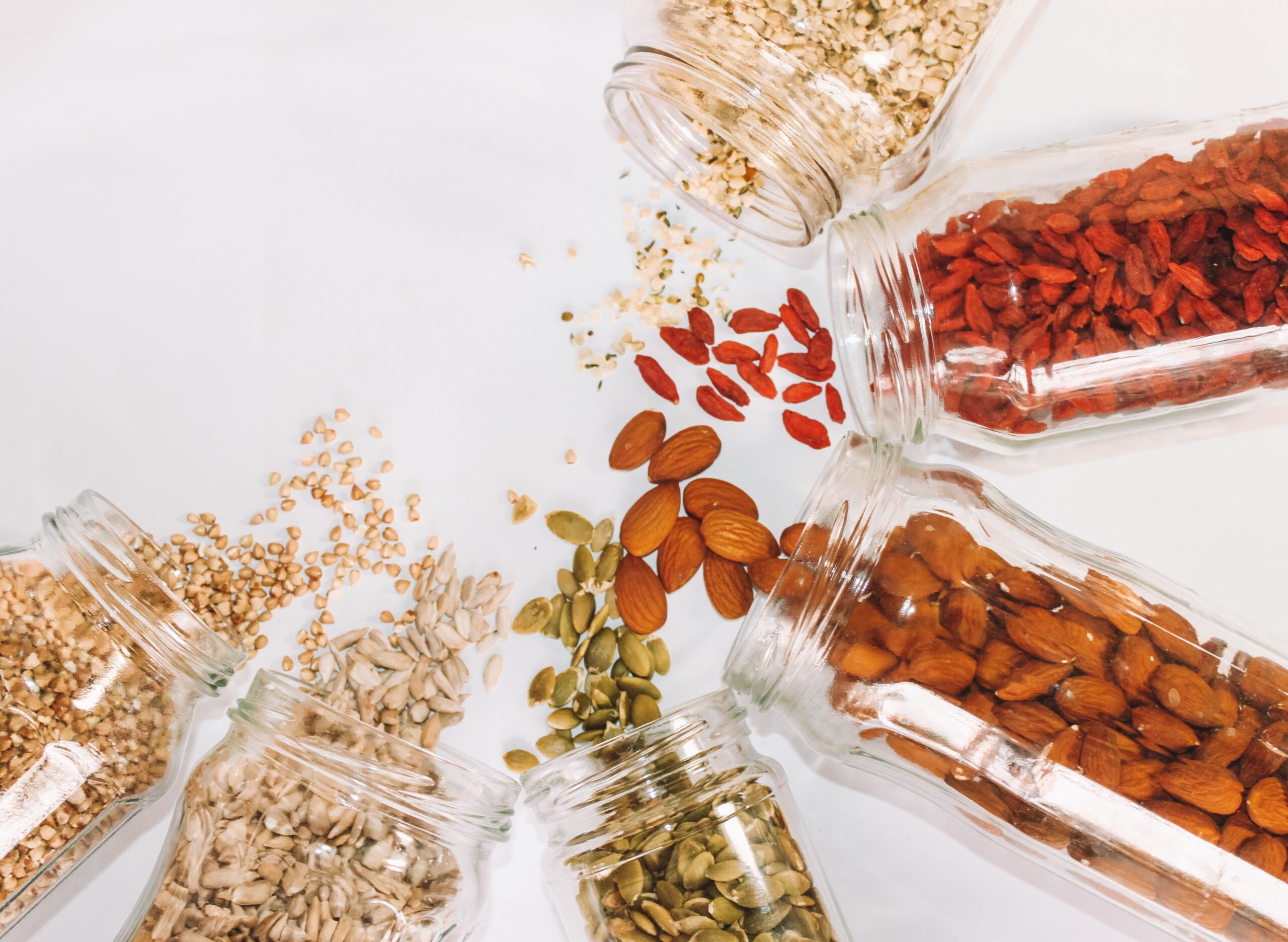The Vegan Diet
The term ‘vegan’ was devised by a small group of vegetarians who established the Vegan Society after breaking away from the Leicester Vegetarian Society in England, in 1944. They decided to eradicate dairy, eggs and any other animal-derived goods, from their diets (in addition to not eating meat, as vegetarians do). Veganism is a dietary choice for some, while it is a lifestyle decision for others. Vegans may also avoid wearing clothing, soaps, and other goods that utilise or include animal constituents. These include materials such as leather and animal fur.
Vegetarianism differs from this slightly; one of the reasons being they vary on the level of restriction. Vegetarians may consume things like dairy products, eggs, and honey. Whilst the vegan diet strictly excludes all products with animal-based ingredients.
There are many reasons why people decide to switch to veganism. Ethically, vegans believe that all organisms have the right to life and freedom. This is mostly due to the idea that animals may endure psychological or physical stress, as a result of farming practices. Some may also disparage animal products due to the environmental implications of animal agriculture.
The United Nations have noted that meat and dairy account for 14.5% of all anthropogenic greenhouse gas emissions, which is equivalent to the exhaust emissions of every vehicle on Earth. According to a 2016 food and climate report, if everyone became vegan, the world’s food-related emissions would drop 70% by 2050. Alongside these motivations, many are encouraged by the numerous health benefits that are gained when opting for the vegan diet.

Health Benefits
As well as maintaining a healthy weight, following a vegan diet can help to lower blood pressure and cholesterol levels, which, in turn, helps to reduce the risk of heart disease. This is mostly due to the anti-inflammatory micronutrients that are abundant in vegan diets.
Moreover, a recent study found that individuals who ate a plant-based diet had a lower content of phosphorus in their bloodstream than those who ate meat. High phosphorus levels can put a strain on the kidneys as they seek to filter it out of your system. Since plant sources of phosphorus are less bioavailable (less is absorbed by the body) than animal sources, a vegan diet is suggested to subsequently improve kidney functioning.
In addition to this, the anti-inflammatory components of phytochemicals in plant-based foods can help to protect body cells from damage. It has also been suggested that a vegan diet can even lower cancer rates. For example, a study found that young women who ate the most fibre-rich diets were 25% less likely to get breast cancer later in life. Avoiding certain animal products may also help reduce the risk of prostate, breast, and colon cancers due to the measures processed meats are cooked within.
Due to its exclusion of these specific ingredients, veganism will subsequently lead to a greater reliance on other foods. In the case of a whole-foods vegan diet, substitutes include whole grains, fruits, vegetables, beans, peas, nuts, and seeds, resulting in a higher daily intake of certain essential nutrients.

Foods to Eat
- Fruits and vegetables: Iron and calcium are abundantly present in leafy greens including spinach, kale, okra, and watercress.
- Legumes: Beans, lentils, and peas are great sources of a variety of minerals and plant components.
- Seeds, Nuts and nut butter: Unblanched and unroasted varieties are especially high in iron, fibre, magnesium, zinc, selenium, and vitamin E.
- Calcium-fortified plant milk and yoghurts: These help vegans achieve their recommended dietary calcium intake. Opt for varieties also fortified with vitamins B12 and D whenever possible.
- Tofu, tempeh and seitan: These provide a versatile protein-rich alternative to meat, fish, poultry and eggs in many recipes.
- Algae: Spirulina and chlorella are good sources of complete protein. Other varieties are great sources of iodine.
- Nutritional yeast: This is a quick technique to boost the protein level of vegan foods while also adding a cheesy taste. Wherever possible, consider vitamin B12-fortified versions.
- Whole grains and cereals: These are high in refined carbs, fibre, iron, B vitamins, and a multitude of minerals. High-protein grains include spelt, teff, amaranth, and quinoa.
- Sprouted and fermented plant foods: Ezekiel bread, tempeh, miso, natto, sauerkraut, pickles, kimchi and kombucha often contain probiotics and vitamin K2. Sprouting and fermenting can also help improve mineral absorption.
Source: healthline.com
Foods to Avoid
- Meat and poultry: Beef, lamb, pork, veal, horse, organ meat, wild meat, chicken, turkey, goose, duck, quail, etc.
- Fish and seafood: All types of fish, anchovies, shrimp, squid, scallops, calamari, mussels, crab, lobster, etc.
- Dairy: Milk, yoghurt, cheese, butter, cream, ice cream, etc.
- Eggs: From chickens, quails, ostriches, fish, etc.
- Bee products: Honey, bee pollen, royal jelly, etc.
- Animal-based ingredients: Whey, casein, lactose, egg white albumen, gelatine, cochineal or carmine, isinglass, shellac, L-cysteine, animal-derived vitamin D3 and fish-derived omega-3 fatty acids (but alternatives to these include walnuts, flaxseed, rapeseed, and soya oil).
Source: healthline.com
Things to Expect
If vegan diets are poorly planned, they may not provide sufficient amounts of essential vitamins and minerals. According to the National Institutes of Health, without enough of these vitamins and minerals individuals may feel tired and weak, experience a loss of appetite, or feel constipated.
Some vegans may take supplements for nutrients such as EPA and DHA since these are usually lacking in a vegan diet. Fortified foods, particularly those containing vitamin B12, vitamin D, long-chain omega-3s, iodine, iron, calcium, and zinc, should be included in a vegan’s daily intake.
Not receiving adequate amounts of these nutrients is a challenge for everyone, but it is potentially troublesome for individuals with increased needs, such as children or women who are pregnant or nursing. The capacity to acquire the nutrients we need from a vegan diet may also be determined by our genetic makeup and the composition of our gut bacteria. Restricting the intake of processed vegan meals and replacing them with nutrient-dense plant foods can also help to reduce the risk of nutrient deficiencies.
When practising veganism, it is equally critical to keep hydrated. For beginners, increasing the number of plant foods in one’s diet will increase the amount of fibre in their intake. Drinking water is, therefore, beneficial because it facilitates the movement of fibre through the digestive tract, alleviating problems such as gas, bloating, bowel discomfort, and constipation.
Tips from The Inclusion Post
Try out some vegan snacks: such as dried seaweed, hummus and vegetables, chia pudding, and roasted chickpeas.
Stock up on essential ingredients: maintain a good supply of fresh produce. Whole grains, fibre-rich products and foods that are packed with immune-boosting nutrients like vitamins A, C and E.
Ease into a vegan diet plan: begin by establishing a day when only vegan meals are consumed; gradually replace specific items, such as cow’s milk, with soy milk; and start with vegetarian meals before gradually transitioning to vegan meals.

Helpful Resources
Documentaries to help you embrace and learn more about a plant-based lifestyle:
- The Game Changers
- What the Health
- Earthlings
- Cowspiracy
- Eating Animals
- Before the Flood
- Dominion
- Forks Over Knives
Recipe ideas to help you concoct the healthiest and tastiest vegan meals:
Apps to help you find the best vegan restaurants, track your intake and help you make your vegan transition much simpler:
- Happy Cow
- 21-Day Vegan Kickstart
- Vegan Friendly
- VNutrition
- Vegan Scan
- Veggly
